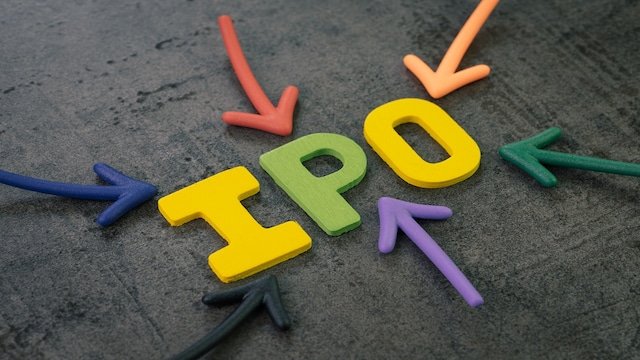
HDB Financial Services, the non-banking lending unit of HDFC Bank, is gearing up for its initial public offer (IPO) of up to ₹12,500 crore ($1.49 billion). The non-banking financial company (NBFC) on October 30 filed the draft red herring prospectus for its IPO.
HDB Financial IPO will be a fresh issue of shares worth up to ₹2,500 crore, where HDFC Bank which holds a 94.6% stake in the lender is looking to sell shares worth up to ₹10,000 crore as part of the public issue, according to the company’s preliminary papers.
Jefferies, Goldman Sachs and BofA Securities are among the book-running lead managers to the IPO.
HDB Financial Services IPO comes with its sets of risks and uncertainties, including any downturn in the macroeconomic environment, changes in value of collateral, and reduction in ownership of parent HDFC Bank, among others.
Here is a look at the key risks of subscribing to the HDB Financial Services IPO
-Downturn in the macroeconomic environment in India: Any downturn in the macroeconomic environment in India could adversely affect the firm’s business, results of operations, cash flows and financial condition. “Any slowdown or perceived slowdown in the Indian economy, or in specific sectors or certain regions, could reduce demand for our loans, increase loan default rates amongst our customers and generally adversely affect our business, results of operations, cash flows and financial condition as well as the price of the equity shares,” the DRHP states.
-Non-payment or default by customers: HDB Financial pointed out that Gross Stage 3 Loans amounted to 2.10%, 2.38%, 1.90%, 2.73% and 4.99% of Total Gross Loans as at September 30, 2024 and September 30, 2023, and as at March 31, 2024, March 31, 2023 and March 31, 2022, respectively. Non-payment or default by our customers, our inability to provide adequate provisioning coverage for non-performing assets or change in regulatorily mandated provisioning requirements may adversely affect the financial condition and results of operations.
-Reliance on promotor: “We rely on the parentage of our Promoter. However, the interests of the Promoter as our controlling shareholder may conflict with our interests or the interests of our other shareholders. Our Promoter may also be required to significantly reduce its ownership in our Company, which may have a material impact on our business operations and share price,” the firm said.
-Trademark license: The NBFC relies on a trademark license agreement with its Promoter, HDFC Bank, to use the HDFC Bank logo. Any termination of rights to use the HDFC Bank logo or any reputational harm to the HDFC Bank brand could materially and adversely affect its brand recognition, business, financial condition and results of operations.
-Volatile interest rates: “We may be impacted by volatility in interest rates, which could cause our Net Interest Income and our Net Interest Margins to decline and adversely affect our business, results of operations, cash flows and financial condition,” as the company’s preliminary papers.
-Competition: The lending services industry in India is highly competitive and the NBFC’s inability to compete effectively could adversely affect business, results of operations, cash flows and financial condition.
-RBI inspection: “We are subject to periodic inspections by the RBI in India. Non-compliance with regulations and observations made during the RBI’s inspections could expose us to penalties, suspension and restrictions as well as cancellation of our licence,” the company said.
-Funding: If the firm is unable to secure funding on acceptable terms and at competitive rates when needed, it could have a material adverse effect on business.
Content retrieved from: https://www.cnbctv18.com/market/hdb-financial-ipo-key-risk-factors-volatile-interest-rates-hdfc-bank-nbfc-arm-19502043.htm.






